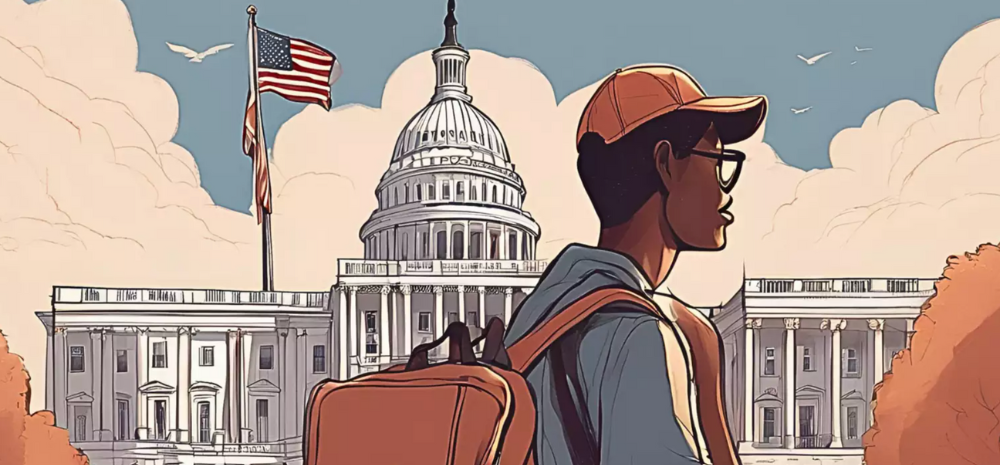There are pressing issues for thousands of Indian families in the U.S. H-4 visa holders particularly the ones having dependents (typically spouses and children) of H-1B visa holders, which are employment-based visas.

H-4 Visa Holders Living In Fear Of Deportation
They are now facing an uncertain future as they approach the age of 21 as under current U.S. immigration law, children on an H-4 visa lose their status when they turn 21, a situation known as “aging out.”
Moreover, they will no longer qualify as dependents of their H1-B visa-holder parents, under the current immigration laws in the US.
Before this Implementation, they had two years to transition to another visa status after ‘aging out,’.
But, with the recent shifts in immigration policy it has thrown their future into doubt.
In the meantime, they are now exploring other options, including immigrating to countries like Canada or the UK as they offer more flexible policies.
It appears that there is a massive backlog in the US employment-based green card system that disproportionately affects Indian immigrants.
Recently, the US Citizenship and Immigration Services (USCIS) announced the registration period for H-1B visas for fiscal year 2026 with the process commencing on March 7 and runs through March 24.
A Worsened Situation
When it comes to the H-1B visa, it’s a non-immigrant visa further allowing US companies to employ foreign workers in specialised occupations that require theoretical or technical expertise.
In the meantime, the H-1B cap remains at 65,000 visas per year with an additional 20,000 for applicants with US master’s degrees.
This system which is introduced by the USCIS has a beneficiary-centric selection process which reduces fraud and ensures fair selection.
Its new registration fee is $215.
This problem will have a huge impact as by the end of March 2023, nearly 1.34 lakh Indian children were expected to age out.
The situation has worsened as a recent ruling from a Texas court blocking the work permits for new applicants under the Deferred Action for Childhood Arrivals (DACA) program.
It has a significant impact as DACA provides temporary, renewable two-year protection from deportation for undocumented youth, including those who lose dependent status after turning 21.
Now many Indian youth now fear an uncertain future in the absence of this provision.











